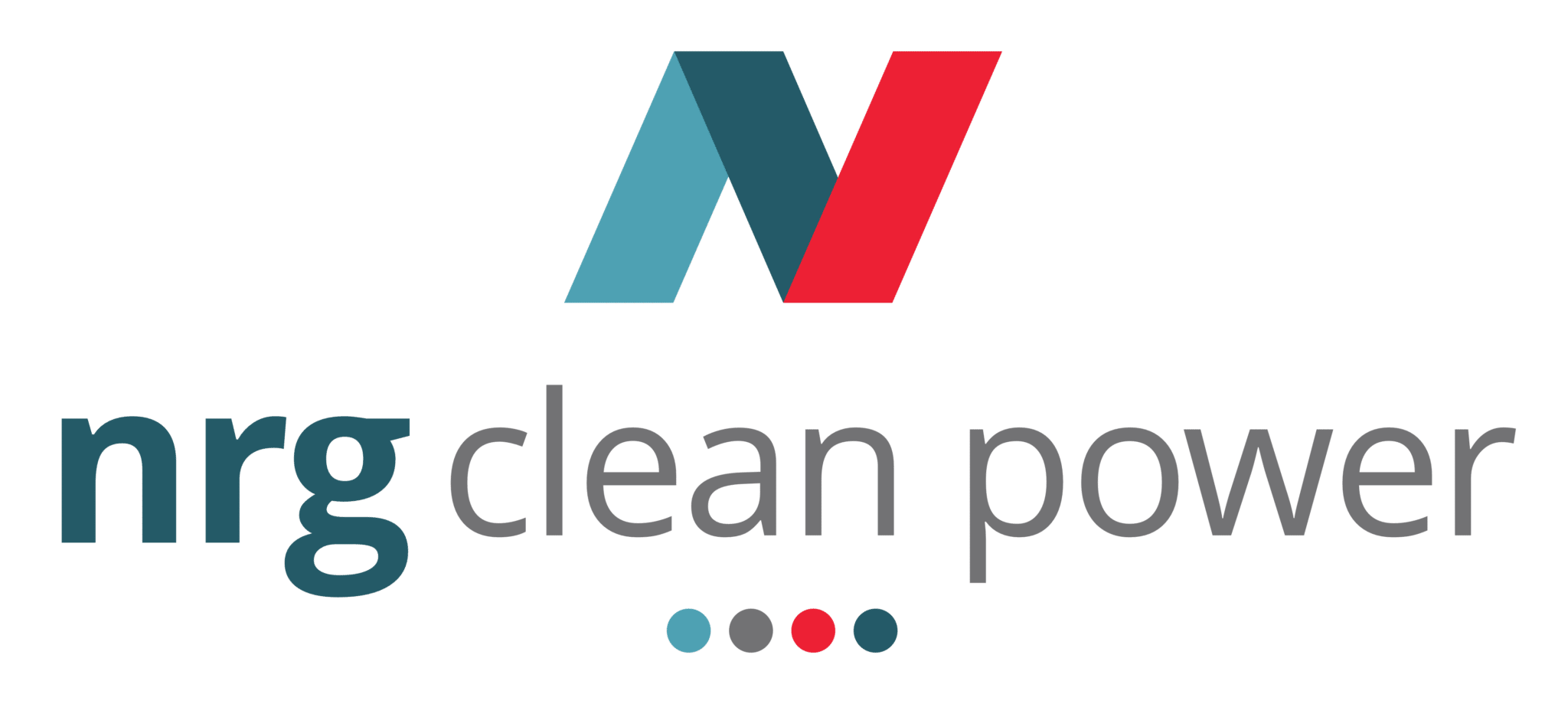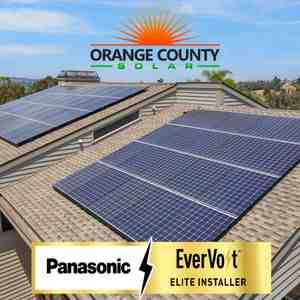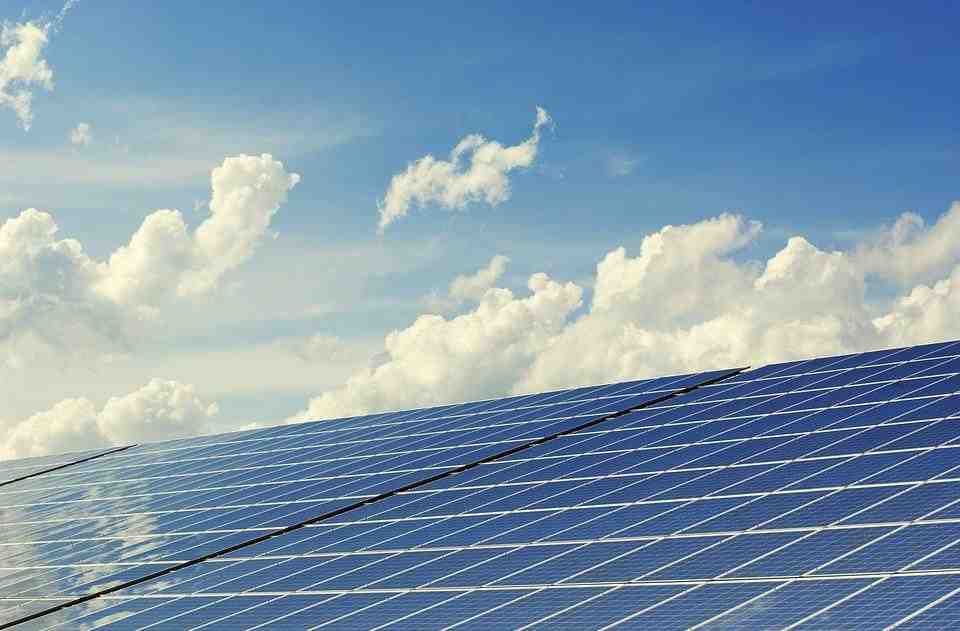Do solar panels work in winter?

Solar panels work in the winter, and are even more efficient at colder temperatures. Solar panels need light, not heat. As long as you get some sunshine during the winter, solar panels will generate power every time they are exposed to sunlight.
Is solar power so efficient in winter? The short answer: Yes they do! Solar panels are a resilient and reliable source of energy all year round, and are actually more efficient in colder temperatures!
Would a solar panel work if it is cold outside?
Even when the weather is freezing, solar panels convert sunlight into electricity. That’s because solar panels absorb energy from the abundant light of our sun, not from the heat of the sun. In fact, cold climates are optimal for solar panel efficiency. As long as the sunlight is hitting a solar panel, it will generate electricity.
What is the purpose of the Princess Elisabeth research complex?
A new station in an under-explored region of Antarctica, Princess Elisabeth Antarctica provides scientists with a wide range of research environments and the necessary support to conduct their research in the best conditions.
What is the name of a research base station of India in Antarctica?
As of today, India has two operational research stations in Antarctica called Maitri and Bharati. The entire Indian Antarctic Antarctic program is managed by the National Center for Polar and Oceanic Research (NCPOR), Goa.
What is the newest solar panel technology?

A research team has set a new record for the power conversion efficiency of solar cells made using perovskite and organic materials. Their most recent work has shown a power conversion efficiency of 23.6%, approaching the efficiency of conventional silicon solar cells.
What is the most efficient solar panel now?
What is the latest technology in solar panels?
Summary: A research team has set a new record for the efficiency of solar cell power conversion performed using perovskite and organic materials. Their most recent work has shown a power conversion efficiency of 23.6%, approaching the efficiency of conventional silicon solar cells.
Which solar panel technology is best?
Monocrystalline solar panels are often cited as the most efficient option and are therefore best when installed for larger energy systems in commercial and residential properties. However, panel sizes vary; therefore, monocrystalline can be used in smaller installations as well.
What is the newest type of solar panel?
A new type of solar photovoltaic (PV) cell is closer to widespread commercialization after Solar Inventions was patented by the U.S. Patent and Trademark Office for its Configurable Current Cell technology, or C3.
Which solar panel technology is best?
Monocrystalline solar panels are often cited as the most efficient option and are therefore best when installed for larger energy systems in commercial and residential properties. However, panel sizes vary; therefore, monocrystalline can be used in smaller installations as well.
Which type of solar panel is best for home use?
The most efficient solar panel is the monocrystalline solar panels. Monocrystalline solar panels can achieve more than 20 percent efficiency. On the other hand, polycrystalline panels can usually only achieve 15 to 17 percent efficiency.
Which solar panel is better monocrystalline or polycrystalline?
Monocrystalline solar cells are more efficient because they are cut from a single source of silicon. Polycrystalline solar cells are blended from multiple silicon sources and are slightly less efficient. Thin film technology costs less than mono or polar panels, but is not as efficient.
What is the next generation solar panel?
Oxford PV will be the first firm to launch these next-generation solar cells on the market in 2022. The very next product, built for residential roofs, will output the same number of cells with 20 percent more capacity . Oxford PV expects future solar cells to be much better as they continue to grow.
What will replace solar panels?
5 New Solar Power Technology in 2021
- Integrated Photovoltaic Building.
- Floating Photovoltaic Solar Panels.
- Thin-Film Solar Cells.
- Solar Lighting.
- Photovoltaic Noise Barriers.
- Conclusion.
How much are the next gen solar panels?
Rough range for start-up costs including installation, solar panel array, inverter box, wiring, etc., is approximately $ 20-30,000 for a single family home if you are looking to completely replace grid electricity with solar energy, compared to $ 30. -40,000 in 2010.
Which is better on-grid or off-grid solar?

The biggest downside to an on-grid system is that it does not provide power during grid outages. Off-grid systems allow you to store and save your solar power in batteries for use when the power grid goes down. It is meant to be completely self-sustaining.
Which solar system is best for the home? Top 6 Best Solar Solutions
- NXG1100 Luminous Solar Home Solution. …
- NXG1100 LPTT12150H Luminous Solar Panel 150Ah 1No 165Watts.
- Solar Loom 1 kVA off the solar system from the grid.
- NXG1800 LPTT12120H 120Ah 2Nos Luminous Solar Panel 325Watts.
- 1 kw Solar Loom off the solar grid.
- Rooftop Urja 1KW Solar Net Metering System.
What are the advantages of an off-grid system?
The advantages of an off-grid system are that you are completely energy independent, which means you do not get the negatives that come with using the main utility grid, such as power outages. An off-grid system can be installed almost anywhere, as long as the sun is out.
What are the disadvantages of grid solar system?
A lifestyle change may be needed to reduce energy consumption. Excess energy production may be lost. The grid cannot be relied upon at night or on cloudy days. Batteries require maintenance, have a relatively short lifespan, and degrade quickly.
What is off-grid power system?
Off-Grid Power Systems are systems that supply electricity to equipment when no utility power is available. These systems are typically found in places such as remote homes, cabins, fishing huts, remote telecommunication towers, science monitoring stations, sea buoys and barges, etc.
Which one is better on grid or off-grid solar system?
Being connected to a grid is beneficial as the consumer does not have to buy an expensive battery backup to store too much energy. This makes on-grid systems more popular in residential spaces. Businesses also use the system to meet their daily needs and to earn revenue from the excess power generated.
What are the disadvantages of grid solar system?
A lifestyle change may be needed to reduce energy consumption. Excess energy production may be lost. The grid cannot be relied upon at night or on cloudy days. Batteries require maintenance, have a relatively short lifespan, and degrade quickly.
Are off-grid solar panels worth it?
When Off-Grid Makes a Long-Term Financial Sense You can recoup your initial investment on solar panels in as little as 3-5 years. However, the investment in the battery systems used to store solar energy will take longer to recover; the recharge periods for battery systems typically last 10 years.
What are the disadvantages of grid solar system?
A lifestyle change may be needed to reduce energy consumption. Excess energy production may be lost. The grid cannot be relied upon at night or on cloudy days. Batteries require maintenance, have a relatively short lifespan, and degrade quickly.
What are the 2 main disadvantages to solar energy?
The 2 biggest disadvantages of solar energy are weather dependence and the inability to store electricity. Solar energy output depends primarily on direct light. A cloudy day can reduce electricity generation by more than 80%.
What is the main disadvantage of solar panels?
Reliability. One disadvantage of solar energy is that it depends on the sun, cannot generate electricity at night, which requires you to store too much energy during the day, or connect to an alternative power source such as the local utility grid.
Which type of solar panel is best for home use?

The most efficient solar panel is the monocrystalline solar panels. Monocrystalline solar panels can achieve more than 20 percent efficiency. On the other hand, polycrystalline panels can usually only achieve 15 to 17 percent efficiency.
What type of solar panel is best? Monocrystalline solar panels have the highest efficiency rates, typically in the 15-20% range. This high efficiency rate means they produce more power per square foot, so they are very space-efficient. Monocrystalline solar panels are usually more efficient in hot weather.
Is polycrystalline or monocrystalline better?
Solar Poly Cells: A Quick Fact. Monocrystalline solar cells are more efficient because they are cut from a single source of silicon. Polycrystalline solar cells are blended from multiple silicon sources and are slightly less efficient. Thin film technology costs less than mono or polar panels, but is not as efficient.
What is better polycrystalline or monocrystalline?
Multicrystalline panels typically have lower efficiency rates in the range of 13-16%. Monocrystalline panels have higher efficiencies in the range of 15-20%. Due to the lower efficiency rate they are less space efficient because they produce less power per square foot.
Is polycrystalline or monocrystalline cheaper?
They also perform better in high heat and lower light environments, making them closer to their rated output in less than ideal conditions. However, they cost more to produce and that cost is passed on to the buyer. Coin panels are slightly more expensive than pole panels of the same wattage.
